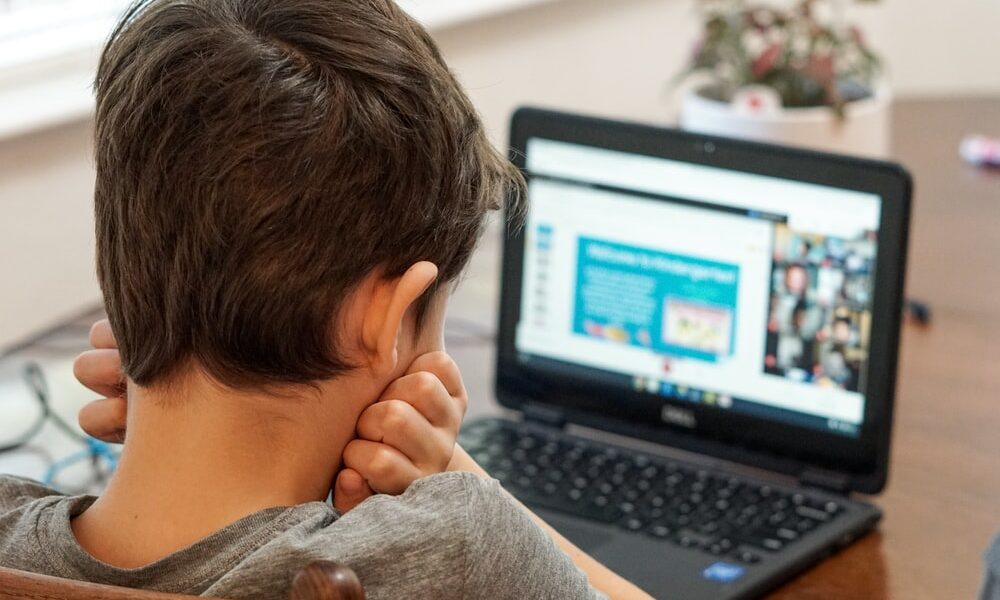With the end in sight, and a rigorous term passed, home learning is now well and truly a part of our everyday normality. If you’re feeling overwhelmed, confused or in need of a few new tips and tricks to encourage, motivate and foster your child's development next term, here are some handy and helpful teacher recommended ideas.
- Be curious, not furious
It is easy to respond to frustration with more frustration. Take a step back and recognise your own emotional and physical state. Approach them with calmness and a soft tone of voice that is not threatening. They will respond with honesty and probably do as you ask.
- Routine for regularity
Having consistent habits in place will have a profound effect on their physical and mental health. For example, cut off all technology at a certain time in the evening so the sleep routine is not hindered. Set realistic expectations around alarms and morning schedules that replicate what was done at school. This includes a specific time to wake up, eat and organise their morning lessons.
- The environment provides stimulation
Turn off any TV that might be on and try to refrain from interrupting their concentration. If your child wants to study in the kitchen, bedroom or outside, let it be. Schools have implemented flexible learning environments and the home environment should replicate this. Minimise being a distraction from any phone conversations, cooking or TV you’re watching.
- Show them the outside world
Whether it be for learning or exercise, it’s imperative that you set a time each day to take your child outside if they’re not able to themselves. The daily dose of vitamin D will stimulate their blood flow to the brain and support your child’s concentration. It’s a win win.
- Be reasonable
Home learning tasks are more difficult without the support of a teacher and friends. This can make your child feel overwhelmed and unsupported, so it’s important that you are setting expectations that can be achieved. For example, being lenient on how many tasks they do a day, understanding that Week 10 home learning will be less productive than Week 2.

- Be antisocial
Reassure yourself that this is a pandemic, not a productivity contest that should be advertised on social media to your group of friends. Refrain from taking instagram videos of how beautiful their home learning workbook is and spend more time understanding what they are doing. Often the best learning takes place when the child is re-teaching what they’ve learnt.
- Identify their barriers
Is it focus? Motivation? Too much or too little structure? Do they need a hug or finger-wagging or for you to sit with them? Do they need feedback on an assignment? Look at their performance, ask if what you’re doing is supporting, and communicate to collaborate for an effective solution to any potential problems.
- Build a learning network
Help your child organise regular virtual educational based catchups with friends throughout the day. Often in school, we support think, pair, share activities and group projects. It’s vital that they touch base with friends and offer to help each other through the learning tasks, as each individual often brings different perspectives to a learning task.
- Use materials
If your child is stuck on a problem, or not understanding a concept, support them with hands on and physical manipulatives. If they’re learning arrays, use coffee pods or cutlery items around the house to place in columns and rows and give them visual stimulus other than the screen. If they’re learning angles or shapes, make your daily conversation about the 3D objects and angles around the house. If they’re writing, look at gluing new words on a designated “word wall” in your house for their for their work.
- Have real talk
Use this unique time to talk with your children about what kind of world we want to live in and create for the other side of the pandemic. A collaborative approach gives autonomy, which in turn brings joy to children.
And always remember, your children will observe your energy and emotions every day and replicate your feelings.



